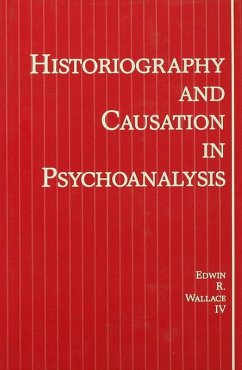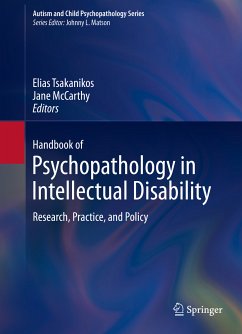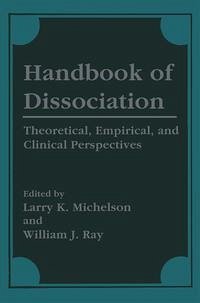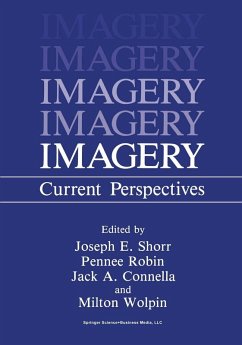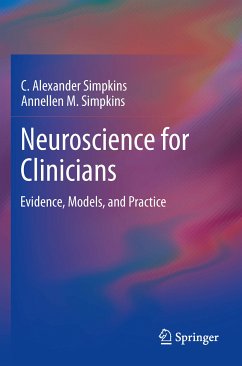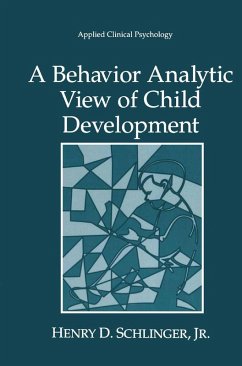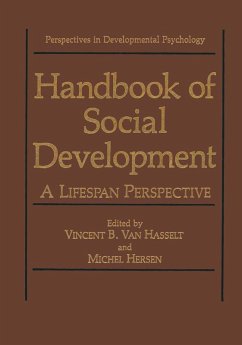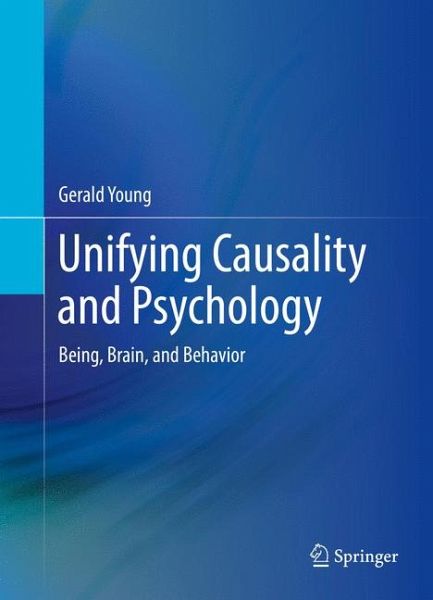
Unifying Causality and Psychology (eBook, PDF)
Being, Brain, and Behavior
Versandkostenfrei!
Sofort per Download lieferbar
112,95 €
inkl. MwSt.
Weitere Ausgaben:

PAYBACK Punkte
56 °P sammeln!
This magistral treatise approaches the integration of psychology through the study of the multiple causes of normal and dysfunctional behavior. Causality is the focal point reviewed across disciplines. Using diverse models, the book approaches unifying psychology as an ongoing project that integrates genetics, experience, evolution, brain, development, change mechanisms, and so on. The book includes in its integration free will, epitomized as freedom in being. It pinpoints the role of the self in causality and the freedom we have in determining our own behavior. The book deals with disturbed b...
This magistral treatise approaches the integration of psychology through the study of the multiple causes of normal and dysfunctional behavior. Causality is the focal point reviewed across disciplines. Using diverse models, the book approaches unifying psychology as an ongoing project that integrates genetics, experience, evolution, brain, development, change mechanisms, and so on. The book includes in its integration free will, epitomized as freedom in being. It pinpoints the role of the self in causality and the freedom we have in determining our own behavior. The book deals with disturbed behavior, as well, and tackles the DSM-5 approach to mental disorder and the etiology of psychopathology. Young examines all these topics with a critical eye, and gives many innovative ideas and models that will stimulate thinking on the topic of psychology and causality for decades to come. It is truly integrative and original.
Among the topics covered:
Models and systems of causality of behavior.
Nature and nurture: evolution and complexities.
Early adversity, fetal programming, and getting under the skin.
Free will in psychotherapy: helping people believe.
Causality in psychological injury and law: basics and critics.
A Neo-Piagetian/Neo-Eriksonian 25-step (sub)stage model.
Unifying Causality and Psychology appeals to the disciplines of psychology, psychiatry, epidemiology, philosophy, neuroscience, genetics, law, the social sciences and humanistic fields, in general, and other mental health fields. Its level of writing makes it appropriate for graduate courses, as well as researchers and practitioners.
Among the topics covered:
Models and systems of causality of behavior.
Nature and nurture: evolution and complexities.
Early adversity, fetal programming, and getting under the skin.
Free will in psychotherapy: helping people believe.
Causality in psychological injury and law: basics and critics.
A Neo-Piagetian/Neo-Eriksonian 25-step (sub)stage model.
Unifying Causality and Psychology appeals to the disciplines of psychology, psychiatry, epidemiology, philosophy, neuroscience, genetics, law, the social sciences and humanistic fields, in general, and other mental health fields. Its level of writing makes it appropriate for graduate courses, as well as researchers and practitioners.
Dieser Download kann aus rechtlichen Gründen nur mit Rechnungsadresse in A, B, BG, CY, CZ, D, DK, EW, E, FIN, F, GR, HR, H, IRL, I, LT, L, LR, M, NL, PL, P, R, S, SLO, SK ausgeliefert werden.



